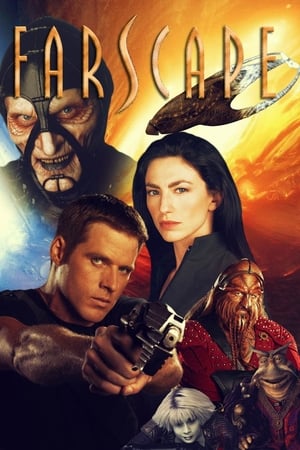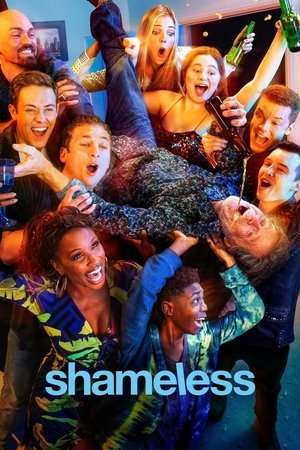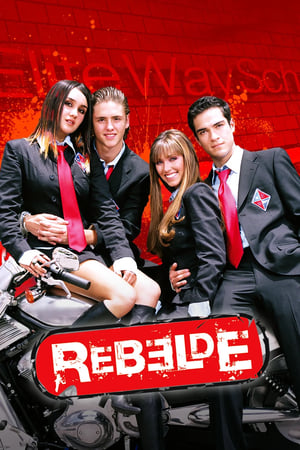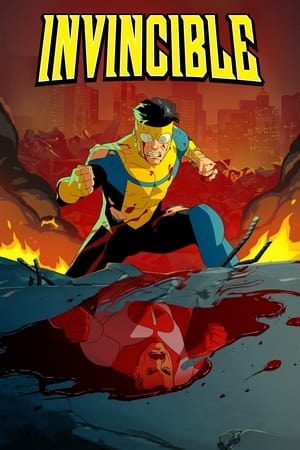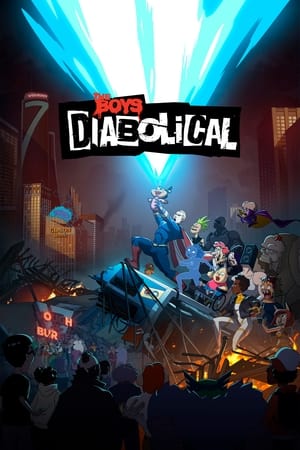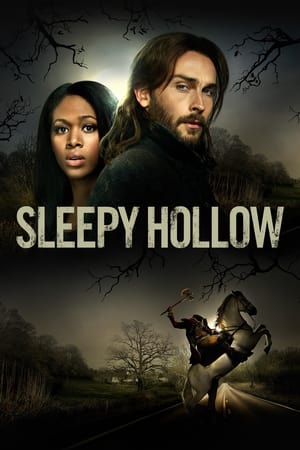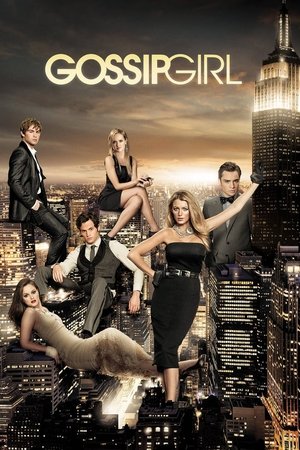Japanorama
Japanorama was a series of documentaries presented by Jonathan Ross, exploring various facets of popular culture and trends of modern-day Japan. Each episode had a theme, around which he presented cultural phenomena, films, music, and art that exemplify facets of Japan. The series was colourful in both its creative use of subject matter, and its use of bright colours that helped accent the action on screen rather than distract from it. Subjects were separated by eye catches that often featured the artwork of Junko Mizuno. Ross hosted each episode in suits so bright and stylised they could have been stolen from an anime character. Fans have credited the series for the care that both Ross and the BBC have placed in its production. Time was given to delve into each subject, and he was able to interview various figureheads of culture and industry, including Mamoru Oshii, Hayao Miyazaki, Takeshi Kitano, Takashi Miike with Takashi Murakami and Sonny Chiba. The theme song of the show was Kiyoshi no zundoko bushi by Kiyoshi Hikawa.
Type: tv
Season: 3
Episode: N/A
Duration: 25 minutes
Release: 2002-06-09
Rating: 6.8




